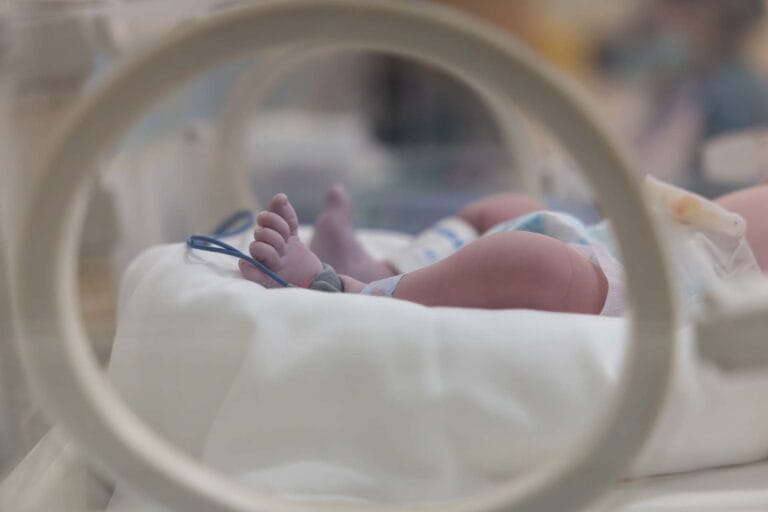Can negligent Pitocin use lead to a malpractice lawsuit?

A peptide hormone naturally produced by the human body, oxytocin is associated with social bonding, reproduction, childbirth, and the period immediately after childbirth. Pitocin, a type of synthetic oxytocin, is a medication made from oxytocin. It is injected into a muscle or vein to incite labor by causing contraction of the uterus, increasing the speed of labor, and stopping bleeding immediately following childbirth. However, improper use of Pitocin has been shown to have negative side effects that may cause significant harm to the mother and fetus known as Pitocin birth injury.
The FDA raised concerns about Pitocin as early as 2007
Concerns about Pitocin are not new. As far back as 2007, the FDA issued a “black-box warning,” its most serious alert, which can be viewed here. As a result, the FDA currently recommends that Pitocin only be used when induction of labor is medically indicated or in select cases of stalled labor.
Potential dangers of Pitocin
While Pitocin mirrors naturally-produced oxytocin in some regards, it affects the mother differently in others. Used incorrectly, it can be dangerous, causing stronger, more frequent contractions than those generated by the natural hormone. Also, because the mother\’s body is also naturally producing its own oxytocin when Pitocin is administered, it is extremely important to monitor its usage at all times, due to the magnified effect of both natural and synthetic hormones. A further complication is that every patient reacts differently to the same dose of Pitocin, which means that no two cases are alike.
The stronger, more frequent contractions sometimes caused by Pitocin are known as uterine hyper-stimulation. If the uterus is contracting too frequently and with greater strength, the baby doesn’t have enough time between those contractions to rest, take a breath and reoxygenate, and get ready for the next contraction. If this goes on for too long, the baby could use up its oxygen reserves, possibly suffering a brain injury from lack of oxygen.
When Pitocin is given to a laboring mother, a fetal heart monitor device is used to monitor the mother’s contractions and the baby’s heart rate. However, several complications can arise for both mother and baby.
Risks of Pitocin to the mother include:
• Fatality
• Stroke
• Postpartum hemorrhage
• Uterine rupture
• Water intoxication
Dangers to the baby include:
• Fatality
• Decreased heart rate or heart rate decelerations
• Decreased fetal blood pressure
• Increased intracranial pressure
• Cardiac arrhythmia
• Brain hemorrhage
• Brain damage
• Seizures
Recent Pitocin verdicts & settlements
There have been several recent cases involving the negligent administration of Pitocin by medical care providers. Almost all involve claims that the defendants failed to recognize the signs of hyperstimulation and continued to administer Pitocin despite evidence of fetal distress.Examples of lawsuit verdicts and settlements regarding improper or unsafe Pitocin usage include a $25,400,000 verdict in Missouri in 2022, a $50,000,000 verdict in Illinois, a $14,448,000verdict in Pennsylvania in 2017, and a $33,153,912 verdict in Florida in 2017. While these cases offer insight into understanding the numbers at play in such cases, it’s difficult to predict the value of a similar case due to the many variables regarding the administration of Pitocin during delivery.
If you or your baby has suffered a childbirth injury possibly resulting from Pitocin misusage, contact the Law Offices of Nicholas Parr in Baltimore, MD today to schedule your free consultation. We’re here to protect your rights, and we don’t receive a fee unless we win.








